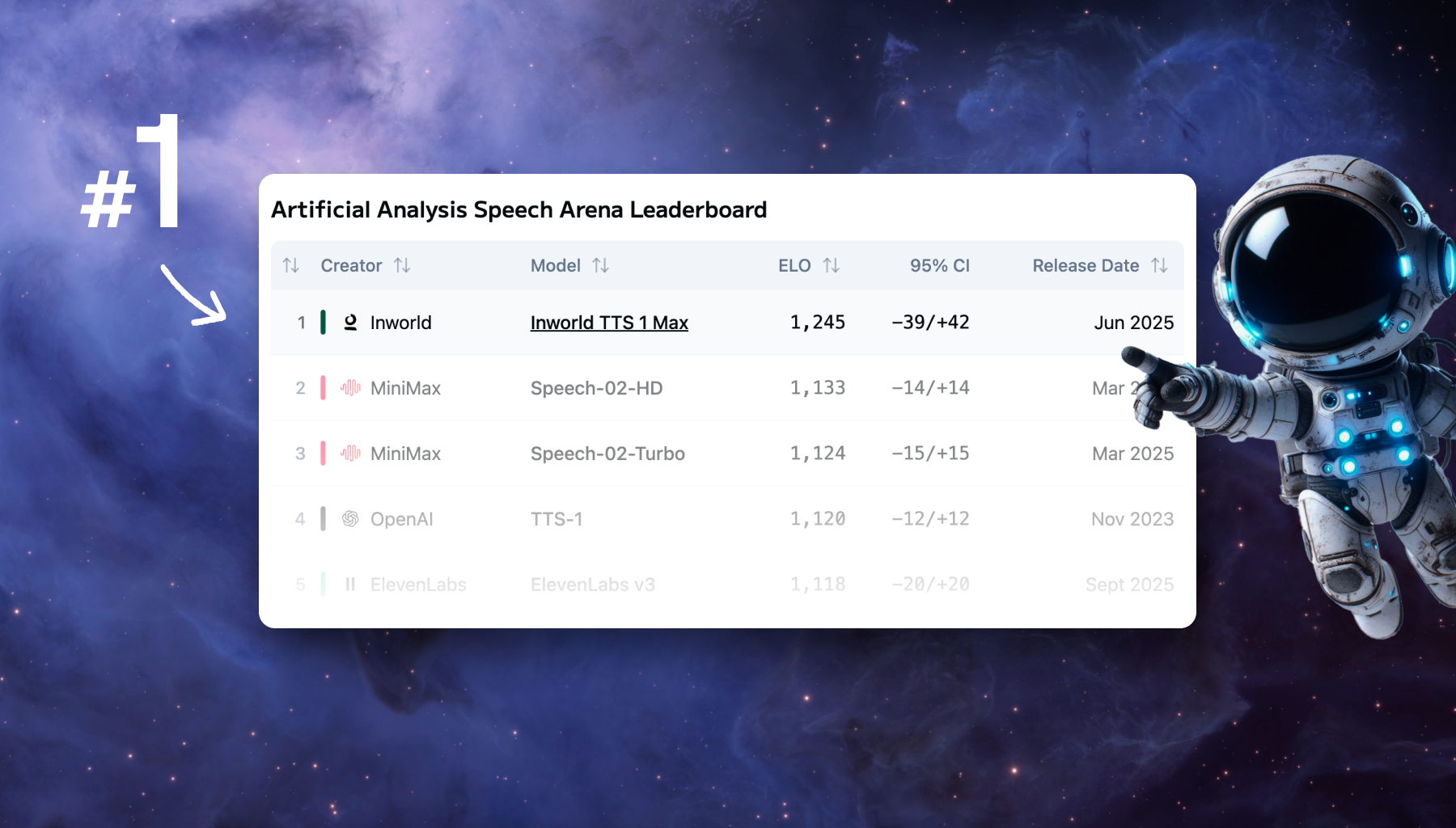Blog

Democratizing AI Compute Series
Go behind the scenes of the AI industry with Chris Lattner
Latest
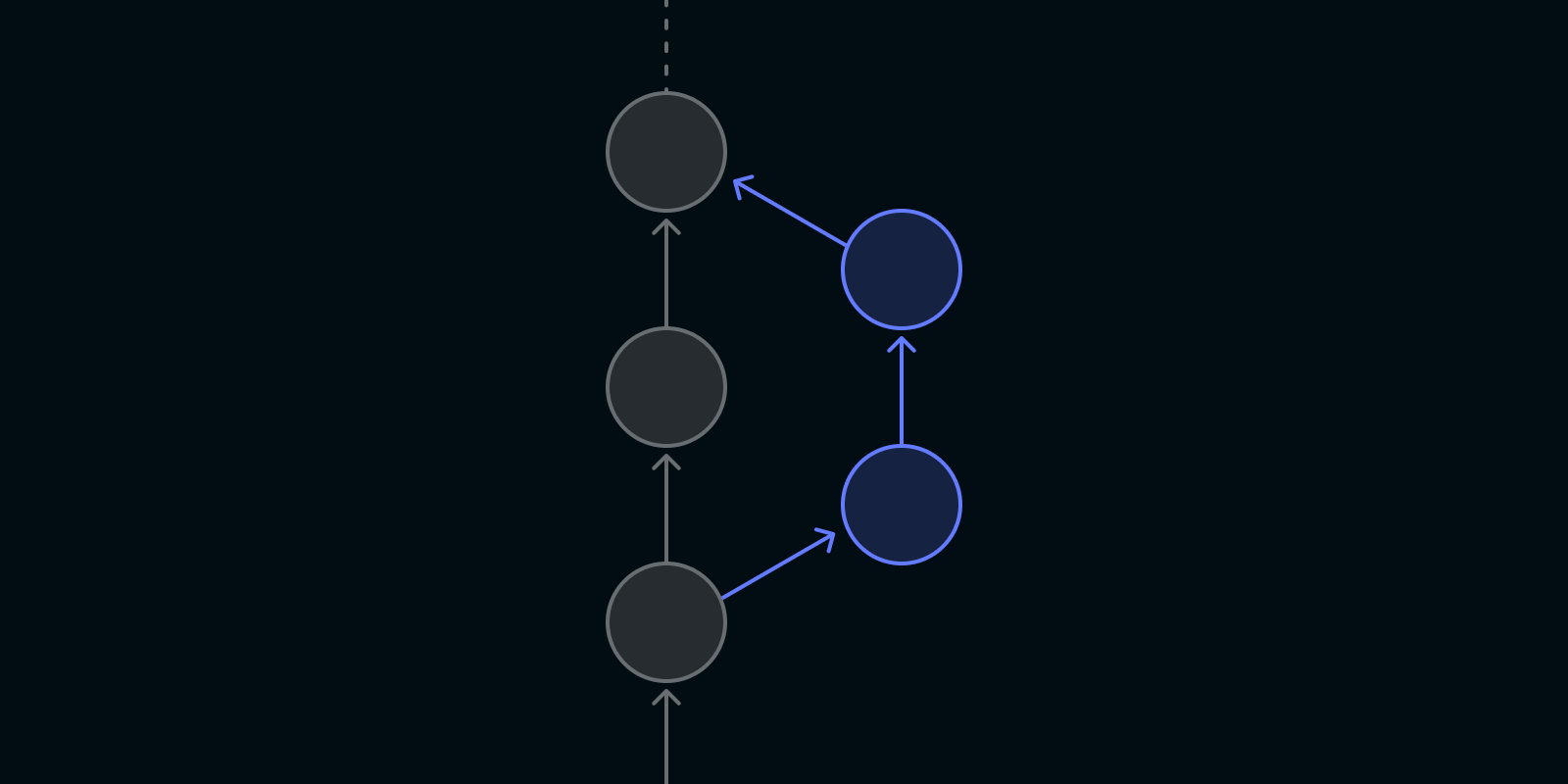
Announcing stack-pr: an open source tool for managing stacked PRs on GitHub
We are pleased to announce the release of a new tool aimed at simplifying the management of stacked pull requests (PRs) on GitHub - stack-pr. This tool is still in its early development days, but we are excited to share it with the community and welcome your contributions.

Debugging in Mojo🔥
Developer tooling is a big priority for Mojo and MAX, we want to vastly improve the debugging experience compared to the traditional Python, C++, and CUDA stack. Machine learning often requires inspecting the state of a program after a long running process, requiring more control than what "print debugging" gives you. Over time this tooling will extend to GPUs, allowing you to step through CPU code into GPU calls with the same developer experience.
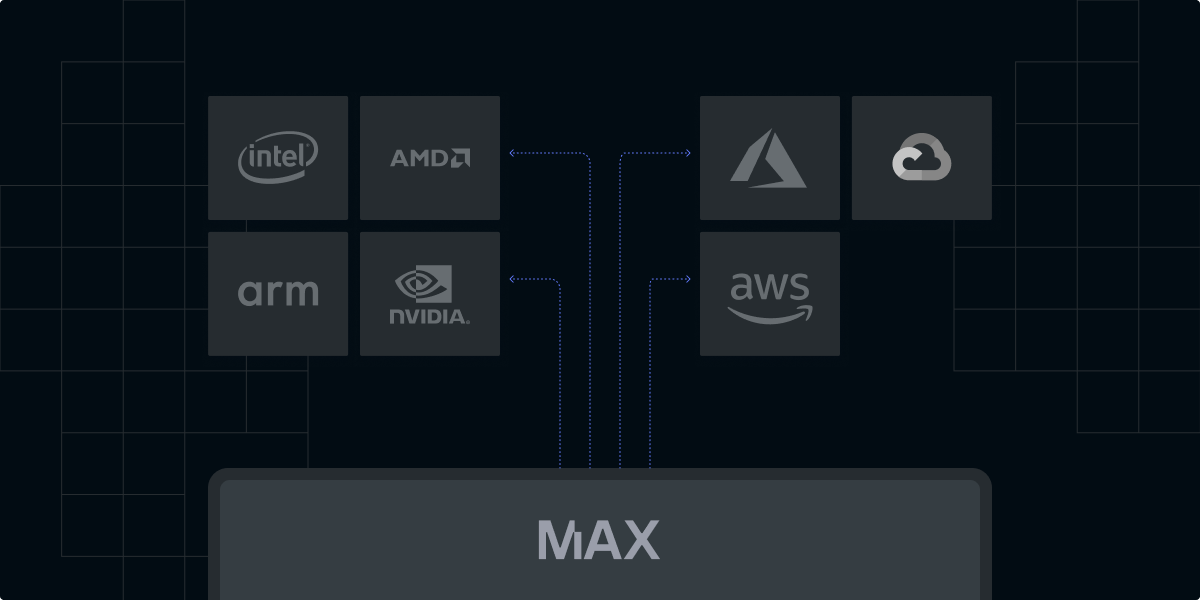
Develop locally, deploy globally
The recent surge in AI application development can be attributed to several factors: (1) advancements in machine learning algorithms that unlock previously intractable use cases, (2) the exponential growth in computational power enabling the training of ever-more complex models, and (3) the ubiquitous availability of vast datasets required to fuel these algorithms. However, as AI projects become increasingly pervasive, effective development paradigms, like those commonly found in traditional software development, remain elusive.
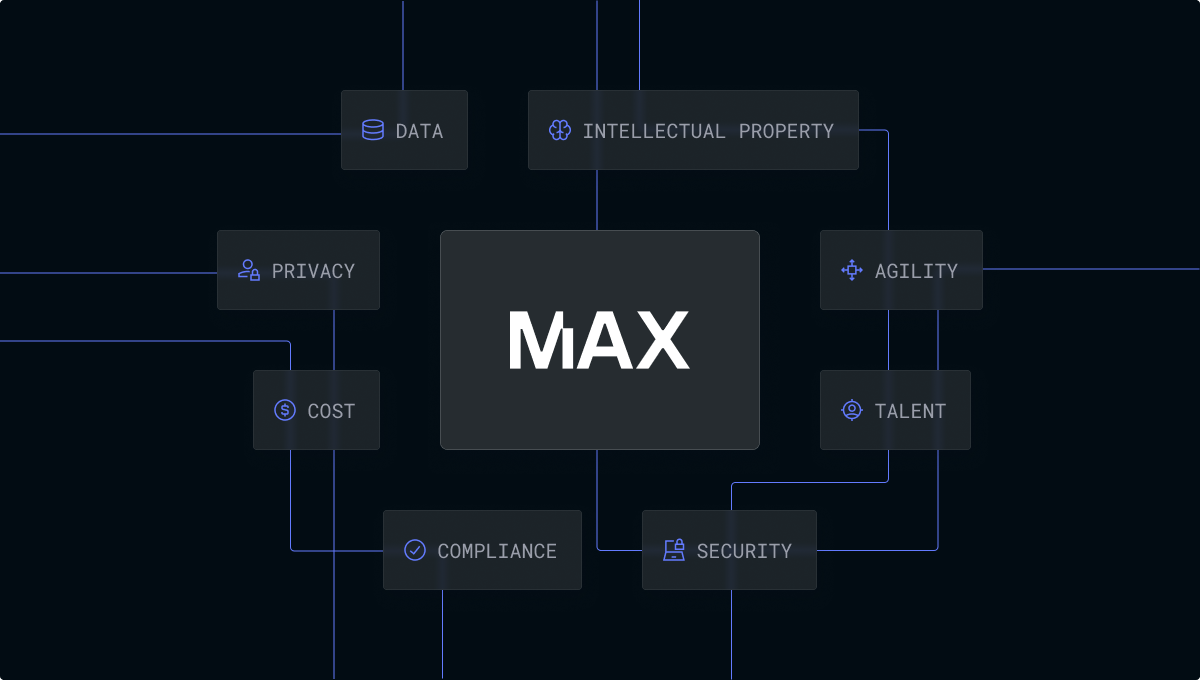
Take control of your AI
In today’s rapidly evolving technology landscape, adopting and rolling out AI to enhance your enterprise is critical to improving your organization’s productivity and ensuring that you are delivering a world-class product and service experience to your customers. AI is without question, the single most important technological revolution of our time—representing a new technology super-cycle that your enterprise cannot be left behind on.
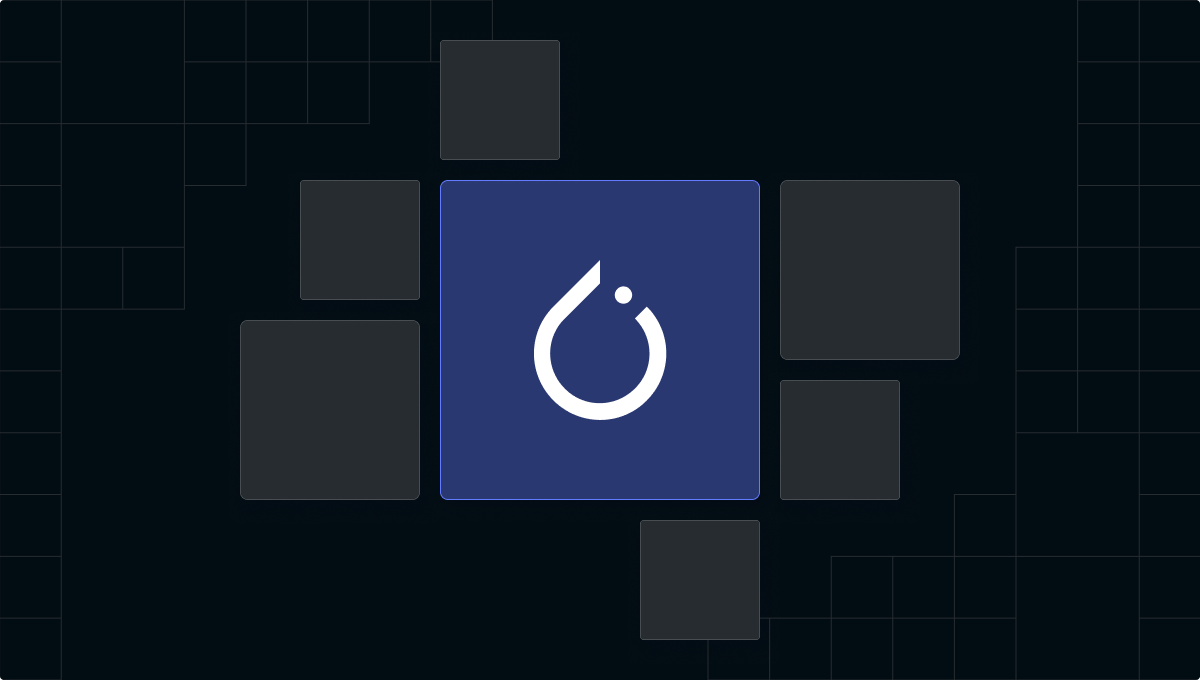
Bring your own PyTorch model
The adoption of AI by enterprises has surged significantly over the last couple years, particularly with the advent of Generative AI (GenAI) and Large Language Models (LLMs). Most enterprises start by prototyping and building proof-of-concept products (POCs), using all-in-one API endpoints provided by big tech companies like OpenAI and Google, among others. However, as these companies transition to full-scale production, many are looking for ways to control their AI infrastructure. This requires the ability to effectively manage and deploy PyTorch.

A brief guide to the Mojo n-body example
Since August 2023, the Mojo repository has included a small benchmark example titled nbody.mojo. This code is based on an example from The Computer Language Benchmarks Game, a site that benchmarks implementations of different algorithms in popular programming languages.
Sign up for our newsletter
Get all our latest news, announcements and updates delivered directly to your inbox. Unsubscribe at anytime.
Thank you for your submission.
Your report has been received and is being reviewed by the Sales team. A member from our team will reach out to you shortly.
Thank you,
Modular Sales Team
Start building with Modular
Quick start resources
Get started guide
With just a few commands, you can install MAX as a conda package and deploy a GenAI model on a local endpoint.
Browse open source models
500+ supported models, most of which have been optimized for lightning fast speed on the Modular platform.
Find examples
Follow step by step recipes to build Agents, chatbots, and more with MAX.


